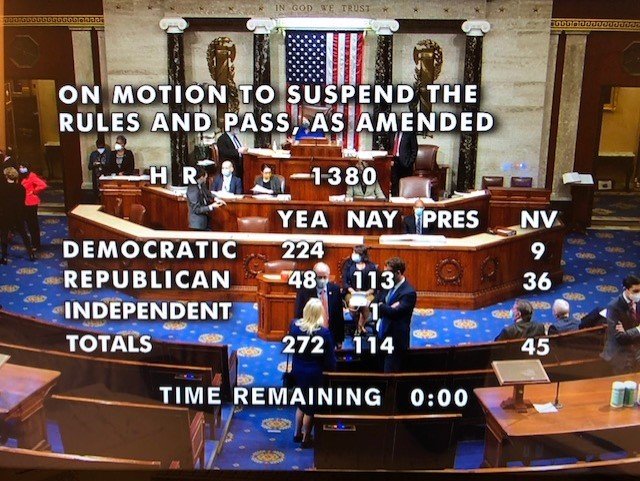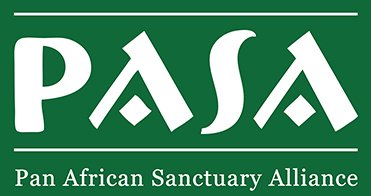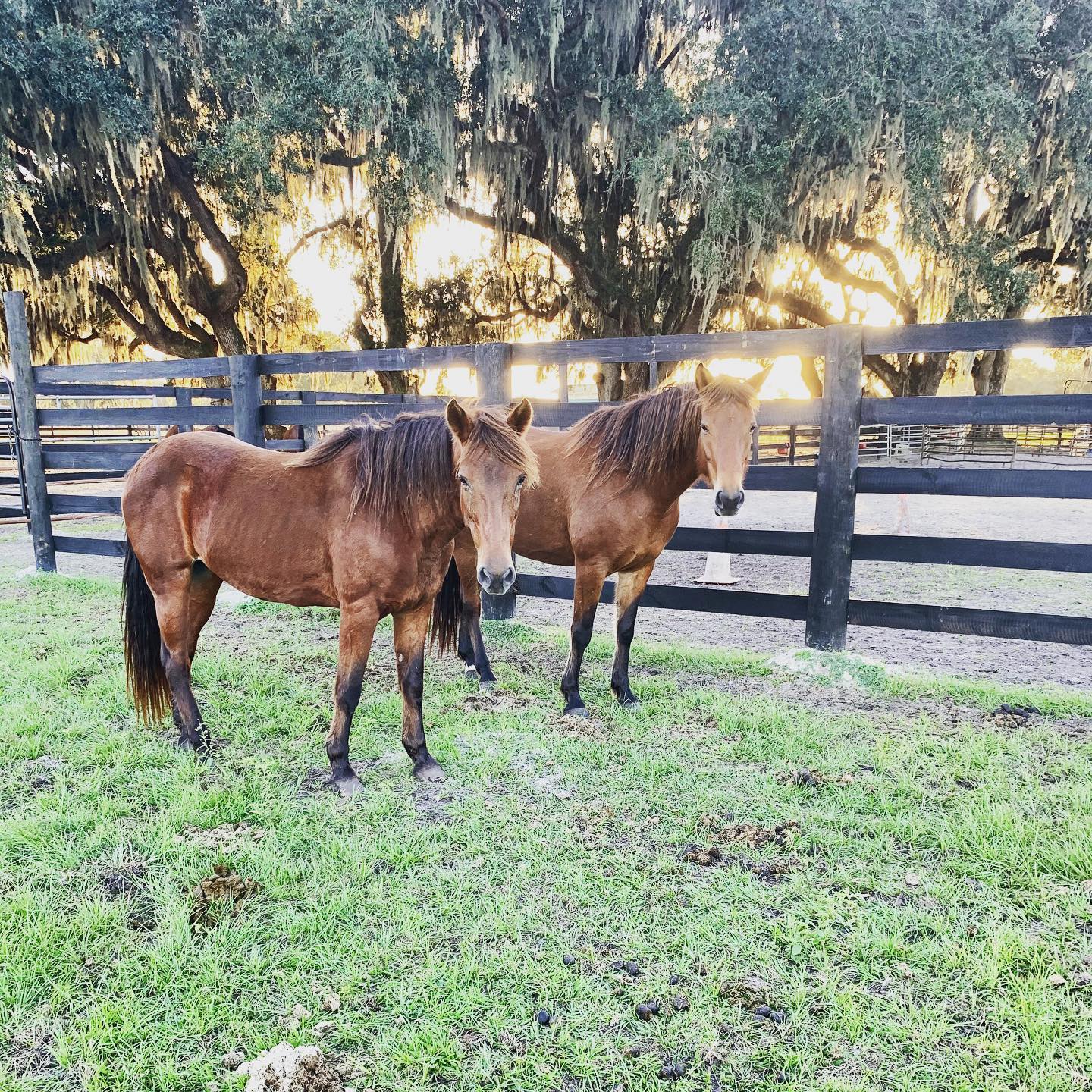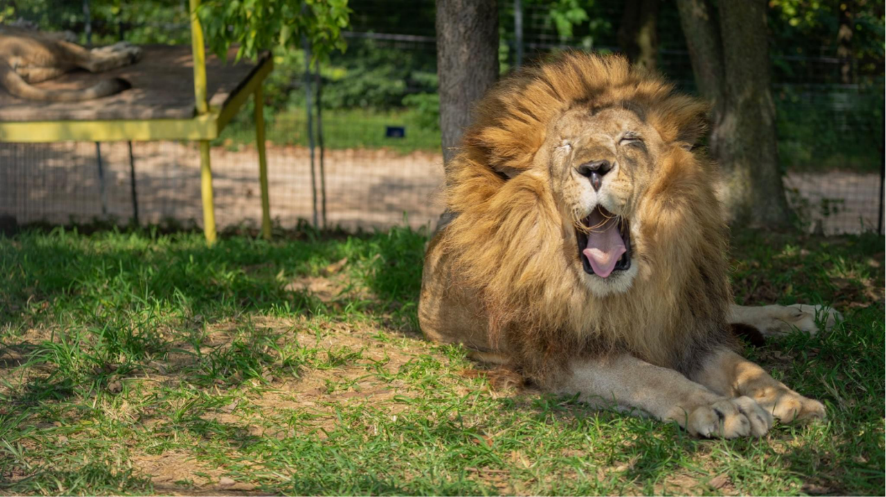200 in 2020
From rehabilitating formerly neglected animals to reintroducing native wildlife into their native habitats to rehoming of domesticated species such as equines and farmed animals, sanctuaries, rescues, rehabilitation and transition centers around the world work every day to fulfill their important work of providing a safe haven for animals-in-need. Through the achievement of GFAS accreditation, an ever-growing number of facilities have demonstrated a commitment to implementing and upholding the highest standards of animal welfare, organizational health and sustainability, animal and human safety, and education and outreach programming. In 2020, the Global Federation of Animal Sanctuaries is delighted to announce it has awarded Accredited and Verified status to 24 more facilities. These accreditations mark a new milestone as the number of sanctuaries, rescues, rehabilitation and transition centers accredited through GFAS now surpasses 200!
With this new milestone, the benefits of being a GFAS accredited facility now impact more than 25,000 animals at any given time, across the globe. To receive accreditation through GFAS, applicants go through a rigorous series of steps, including a site visit and an extensive review of organizational documents. As a part of GFAS accreditation, a facility takes part in a renewal process every three years, including a new site visit. This regular and ongoing evaluation provides assurance that sanctuaries, rescues, rehabilitation and transition centers continue to support the best practices of animal welfare, build capacity, and work toward greater sustainability beyond their initial assessment.
“The need to provide safe havens, where animals-in-need can live the remainder of their lives in peace and safety or successfully transition to new, loving homes has never been greater,” said GFAS Executive Director Valerie Taylor. “Achieving accreditation provides a meaningful way to convey the commitment, capabilities, and worthiness of the work undertaken by true sanctuaries, and assures stakeholders and the general public that these facilities have the capacity to protect and improve the health and well-being of animals-in-need. GFAS is extremely proud of the work of accredited facilities, and is grateful to the personnel, Directors, volunteers, and donors who make this work possible.”
The GFAS Envelope
Perhaps you have heard the  story of the “White Envelope” – a testament to the joy of charitable giving as well as a parable about how eschewing materialism and investing in others can change lives.
story of the “White Envelope” – a testament to the joy of charitable giving as well as a parable about how eschewing materialism and investing in others can change lives.
At GFAS it is our privilege to help sanctuaries help animals. We know the hard work and dedication it takes to earn that GFAS certificate in the mail. It symbolizes an unparalleled level of animal care and organizational stability and commitment- not just to us, but also to donors.
This year, we learned that one man in particular, was especially inspired by our groups. This gentleman had lived modestly and over his life invested well. You can learn more about this man and his amazing gift to a number of GFAS Certified organizations here.
Big Cats Take the House and Head to the Senate!
 In a huge win for animals and their advocates, the Big Cat Public Safety Act (BCPSA) passed the U.S. House of Representatives with 272 votes. The BCPSA seeks to prohibit private ownership and breeding of big cats. It would also restrict direct contact with big cats and put an end to cruel cub petting operations. The U.S. Senate is the bill’s next stop, where the current session ends on December 18th. If the bill fails to pass by then, it will have to be presented again in the next Congressional session.
In a huge win for animals and their advocates, the Big Cat Public Safety Act (BCPSA) passed the U.S. House of Representatives with 272 votes. The BCPSA seeks to prohibit private ownership and breeding of big cats. It would also restrict direct contact with big cats and put an end to cruel cub petting operations. The U.S. Senate is the bill’s next stop, where the current session ends on December 18th. If the bill fails to pass by then, it will have to be presented again in the next Congressional session.
You can help! Please reach out to your representatives in the U.S. Senate and ask them to support the BCPSA, Senate Bill 2561. It’s easy! Find your senator’s contact information here: U.S. Senate: Senators of the 116th Congress
Second GFAS/PASA Webinar Brings Together Presenters
on Three Continents!
 On November 20th, GFAS and the Pan African Sanctuary Alliance (PASA) presented the second joint webinar for our members, this time on the topic of “engaging your volunteers as fundraisers and ambassadors.” Our panelists joined us from three accredited sanctuaries on three continents – Wild Futures in the U.K., Vervet Monkey Foundation in South Africa, and The Elephant Sanctuary in Tennessee in the U.S. – to share their experiences and give listeners some ideas to try! We’re working with PASA on a third webinar for January, and look forward to bringing our members together again.
On November 20th, GFAS and the Pan African Sanctuary Alliance (PASA) presented the second joint webinar for our members, this time on the topic of “engaging your volunteers as fundraisers and ambassadors.” Our panelists joined us from three accredited sanctuaries on three continents – Wild Futures in the U.K., Vervet Monkey Foundation in South Africa, and The Elephant Sanctuary in Tennessee in the U.S. – to share their experiences and give listeners some ideas to try! We’re working with PASA on a third webinar for January, and look forward to bringing our members together again.
Farm Sanctuary Highlight: Heartwood Haven
If 2020 has left you disheartened, GFAS Accredited Heartwood Haven is here with some heartwarming inspiration. Operating a vegan farmed animal sanctuary located in Gig Harbor, WA, they worked tirelessly to continue rescuing farmed animals in need during a global pandemic. And they didn’t stop there. In a true show of compassion, they also responded to the emergent needs of other local rescues during devastating wildfires. Read on for a mini-interview with co-founder Kate Tsyrklevich on their work in 2020 and don’t miss their feature video! (video courtesy of Board Member, Kimberlie Sandie)
GFAS: How many animals did you rescue this year? Can you briefly tell us about one or two that were particularly important or meaningful to you?
HH: This year we rescued 400 animals, 66 were confiscated from prosecutable cruelty cases and transferred into our care.
We took in three cases of alleged animal cruelty and fighting. This totaled 56 cockfighters for the year. Heartwood Haven was inspired by a single cockfighting rooster, so these rescues were really important to us. Cockfighters are usually euthanized. We were grateful for the opportunity to be able to save them and most of them have been adopted into loving family homes. This was an especially difficult rescue as we only had 3 days to find homes for them all. It meant that we spent several 18-hour days driving all over the Puget Sound area vetting homes and making sure that each rooster ended up in a successful situation. Several of the roosters had experienced extreme trauma and it has taken us a long time to get them to trust us. One specifically, Freddy, has such severe PTSD that he self mutilates and makes himself bleed. We’ve been putting in extra time to figure out what he needs in order to heal. Providing him with a stress-free environment and a daily routine has been working really well. Our long-term goal is to get him to a place where he will be able to live with hens so he has companionship.
GFAS: Tell us a little about how you helped with evacuations during the fires in the West this year? Who did you work with?
HH: This summer, the whole west coast saw a huge amount of wildfires; Oregon was hit especially hard. Many sanctuaries in Oregon were under evacuation orders. As the situation was unfolding, Green Acres Farm Sanctuary announced that they needed to evacuate. We packed our truck with crates and hay. Misspits Rescue loaned us their 17ft trailer, we picked it up on the way and it took us 4-5 hours to get to Green Acres. We took the remaining animals to a secure location for the night; most had already been evacuated. As we were leaving, we learned that Out To Pasture had just received evacuation orders. Night was falling and they made the decision to evacuate due to high winds and fast fire spread. We helped Out to Pasture move goats, sheep, and all their pigs (about 40). I think we got about 3 hours of sleep with 15 pigs in the trailer; the next morning we did a long haul to get them to Pigs Peace. A day later we helped two other sanctuaries to organize transport for about 100 of their animals and loaded them all up. This was another night of little sleep with pigs, turkeys, chickens and pregnant sheep in our trailer. The next morning we did a long haul this time to Port Angeles, WA to get everyone to safety. The fires were spreading rapidly and many people were having to move their animals and themselves out of the state. Meanwhile the air quality was extremely unhealthy and we had the worry of COVID at the same time. Weeks later, we were able to help Green Acres Farm Sanctuary bring two loads of animals back to the sanctuary as fire danger had passed. It was nice to see the animals back to their homes and was a great joy.
GFAS: What was (respectively) your biggest challenge and also your best moment of 2020?
HH: The biggest challenge of the year has been figuring out how to take on the increase in animal cruelty and abandonment cases. COVID has stopped all events and tours for us, which has put a strain on fundraising. At the same time, the number of animals who have been abandoned, confiscated from cruelty and criminal neglect has doubled compared to last year. Coming out the other end of this pandemic and knowing that we have helped the animals who have suffered as a result of it is rewarding. We’ve made it through arguably the toughest year in recent history and were able to save 400 lives at the same time, not an easy feat.
Wild Mustangs in Florida – Wild Horse Rescue Center
 The history of wild Mustangs in the U.S. dates back to the 1800’s when millions of these horses roamed the lands, descended from horses brought to the Americas by the Spanish. Today, the Bureau of Land Management (BLM) is tasked with the responsibility of managing and protecting wild horses and burros on millions of acres of public lands across 10 Western states. As part of their management programs, BLM places wild Mustang horses into private care through its Adoption program. Many people have adopted Mustangs and found their care and training personally challenging and rewarding, but many have found the challenge beyond their skill set. This is where Diane Delano steps in.
The history of wild Mustangs in the U.S. dates back to the 1800’s when millions of these horses roamed the lands, descended from horses brought to the Americas by the Spanish. Today, the Bureau of Land Management (BLM) is tasked with the responsibility of managing and protecting wild horses and burros on millions of acres of public lands across 10 Western states. As part of their management programs, BLM places wild Mustang horses into private care through its Adoption program. Many people have adopted Mustangs and found their care and training personally challenging and rewarding, but many have found the challenge beyond their skill set. This is where Diane Delano steps in.
Diane is the Executive Director of GFAS Verified Wild Horse Rescue Center (WHRC) in Webster, Florida. Yes, wild mustang horses live in Florida. Most of WHRC’s Mustangs were removed from BML range lands when they were young and adopted to people across the country with their intent to train them. Diane found that people often try to train these horses too aggressively resulting in a horse that remains afraid and difficult to handle. Many of WHRC’s horses were surrendered by owners or seized by animal control from neglect situations. WHRC starts at the beginning to slowly rehabilitate these horses so they can once again, have a chance to be rehomed. For those horses that are better suited for a free-roaming life, they are provided life-long sanctuary at a nearby property of 600 acres. For more information, please visit Welcome To WHRC (wildhorserescuecenter.org).
Roaring for Big Cats!
Turpentine Creek Wildlife Refuge

GFAS wildlife sanctuary directors are experts in exotic animal rescue, having served on the front line of the big cat crisis in America for decades. Their voices speak the loudest on issues surrounding captive big cats and have been critical to the passage of state legislation and recently, the Big Cat Public Safety Act (BCPSA) in the U. S. House of Representatives.
Tanya Smith, founder of Turpentine Creek Wildlife Refuge (TCWR) and her team have been networking with Arkansas tourism officials, state wildlife agencies, and elected leaders since the early nineties about their mission and why a law was needed to stop cub breeding. TCWR invited Congressman Womack and his staff to tour the refuge, hear each animal’s story and become invested in the solution. Smith states, “the key is who you can get to listen and care about the issue and invite them to see for themselves the problems we face as rescuers.”
Public pressure is necessary to pass legislation and TCWR’s educational program seeks to empower visitors to take action with important facts and contact information for their elected officials. Smith and her team will never let up, “it is our hope that through the BCPSA we can stop the suffering of future animals, so that they will not have to endure the hardships, abuse, and neglect that the cub petting industry animals have had to go through.”
GFAS applauds the enormous work of our wildlife sanctuaries and partner groups in the passing of the Big Cat Public Safety Act in the House of Representatives. Now, the Senate!
